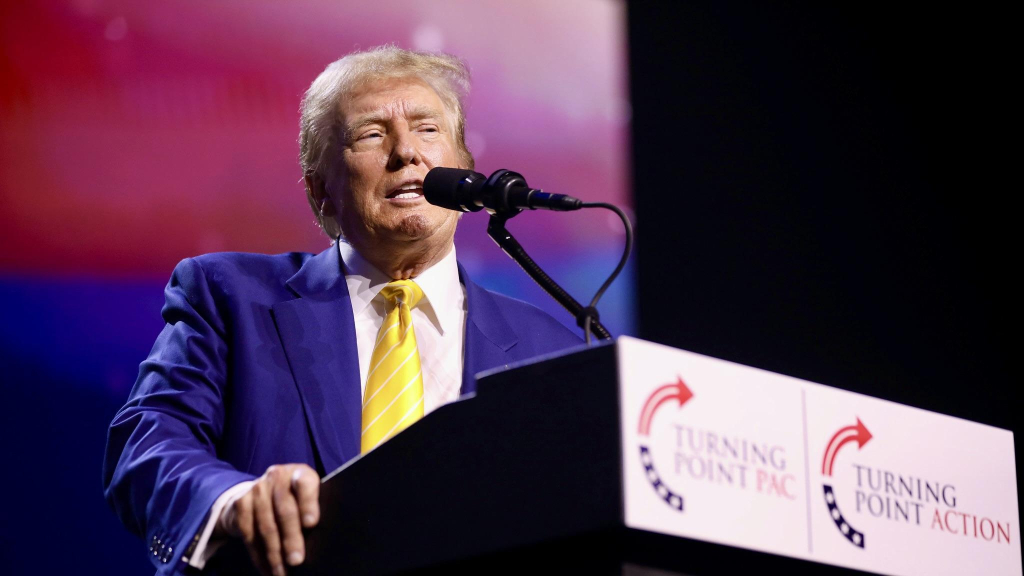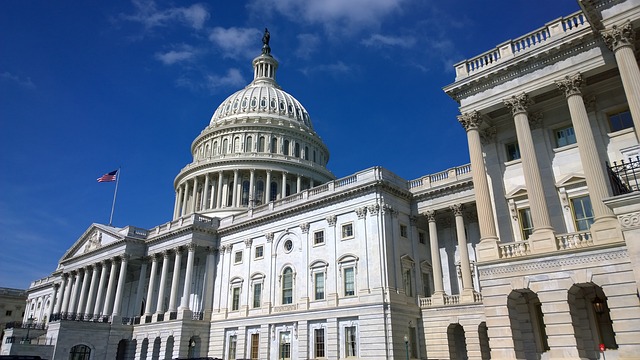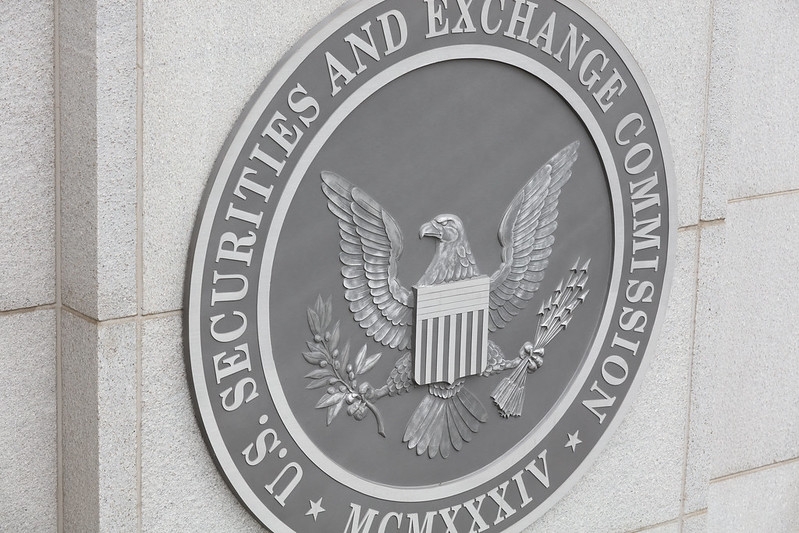MicroStrategy's co-founder and executive chairman, Michael Saylor, recently shared his perspective on the possible introduction of a Central Bank Digital Currency (CBDC) in the United States during an interview with Valuetainment.
Saylor believes that the potential negative aspects of a digital dollar, such as increased surveillance on people's spending habits, will lead to a heightened interest in Bitcoin, the world's largest decentralized cryptocurrency. He argues that the growing interest in CBDCs raises awareness about the need for a non-sovereign store of value that can resist nation-state interference.
He states that the majority of the population and many politicians are against the idea of CBDCs. However, there is a minority group within the political sphere that seeks to exert control over others and scrutinize their financial activities, even down to $50 transactions.
Although Saylor doesn't expect a consensus on a US CBDC anytime soon, he predicts that the topic will spark a fierce debate in Congress. Furthermore, he raises concerns about the technical challenges the government might face in creating a digital version of the dollar.
As the concept of CBDCs inches closer to reality, Saylor believes that more people will become aware of the potential control exerted by both the government and private entities over cash transactions, making it difficult for individuals to spend their money freely.
Saylor emphasizes that money serves as a store of value, a unit of account, and a medium of exchange. However, there is a fourth, often overlooked characteristic: a system of control. Certain forms of money, like gold, are more difficult to control than others. For instance, carrying a gold bar through an airport would be both physically challenging and likely disallowed.
In light of these issues, Saylor contends that the development of CBDCs will only increase the appeal of decentralized cryptocurrencies like Bitcoin, which offer users greater freedom and control over their financial transactions.




























Comment 0